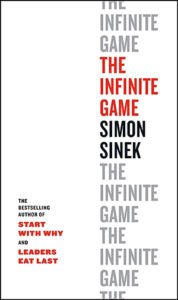|

|
The Infinite Game:
In any game, there are always two currencies required to play – will and resources.
|
094 |
|
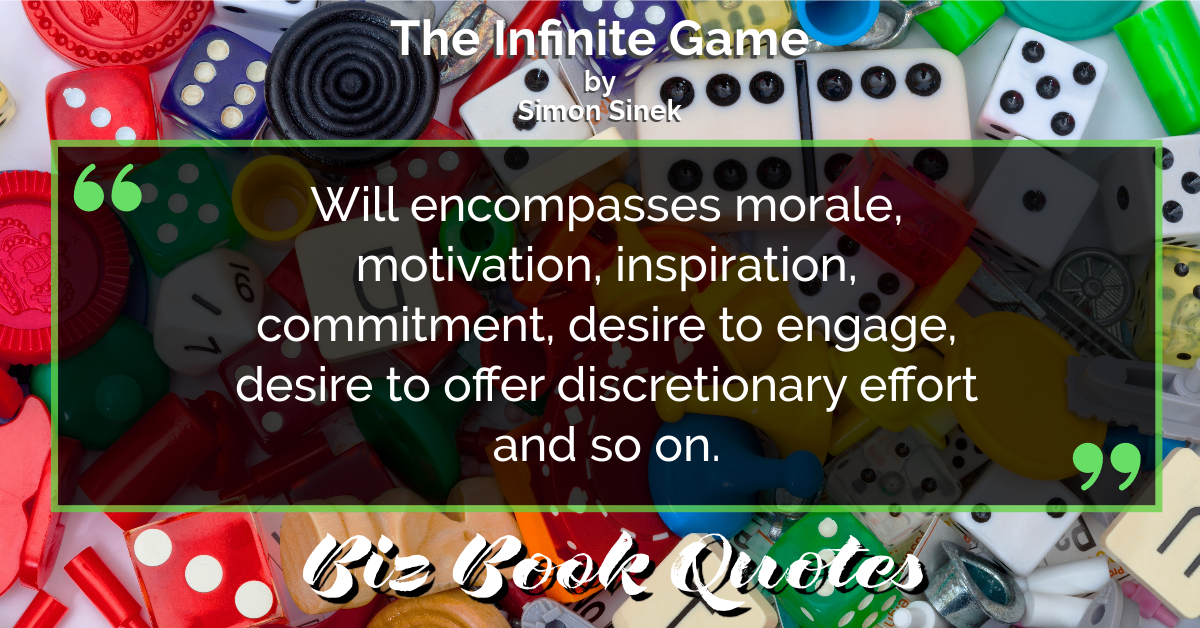
|
The Infinite Game:
Will encompasses morale, motivation, inspiration, commitment, desire to engage, desire to offer discretionary effort and so on.
|
094 |
|
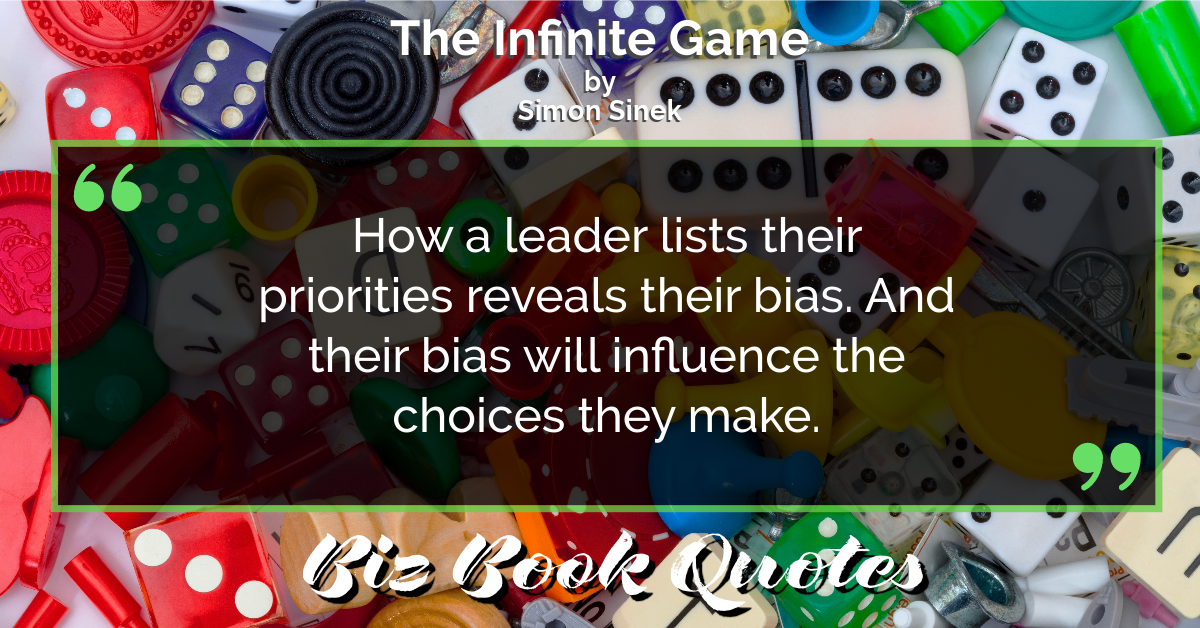
|
The Infinite Game:
How a leader lists their priorities reveals their bias. And their bias will influence the choices they make.
|
095 |
|

|
The Infinite Game:
When a group shares in the suffering, it actually brings a team together. It is the same reason people come together after a natural disaster.
|
096 |
|
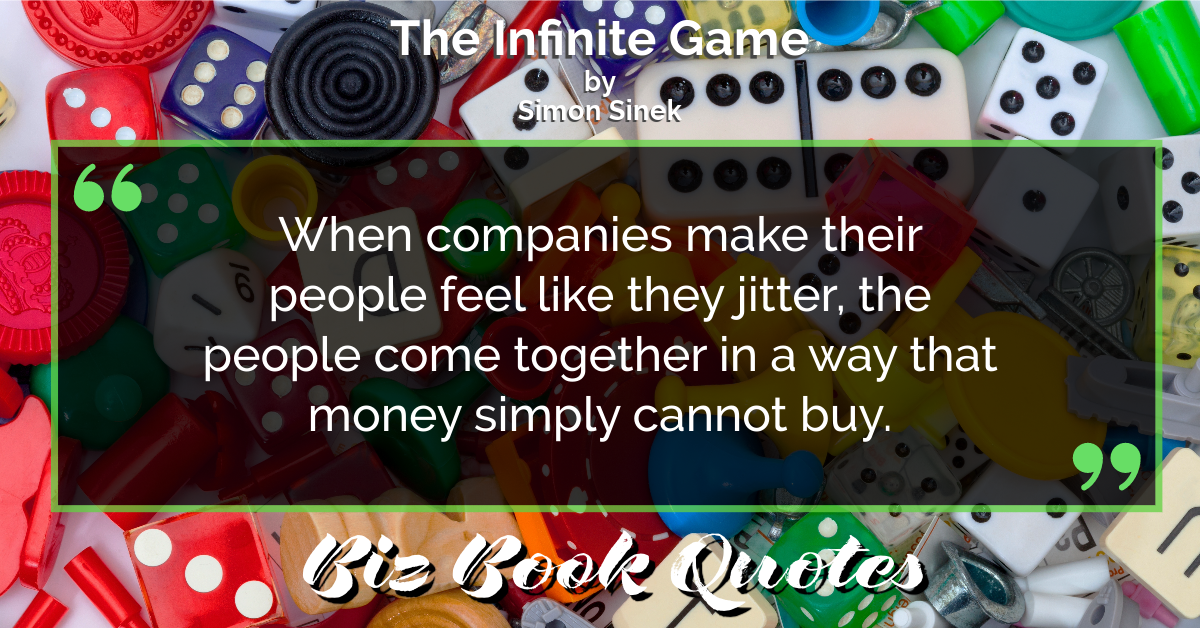
|
The Infinite Game:
When companies make their people feel like they jitter, the people come together in a way that money simply cannot buy.
|
098 |
|

|
The Infinite Game:
If the actual costs are net neutral, then the difference in how we treat people is simply a matter of mindset.
|
098 |
|
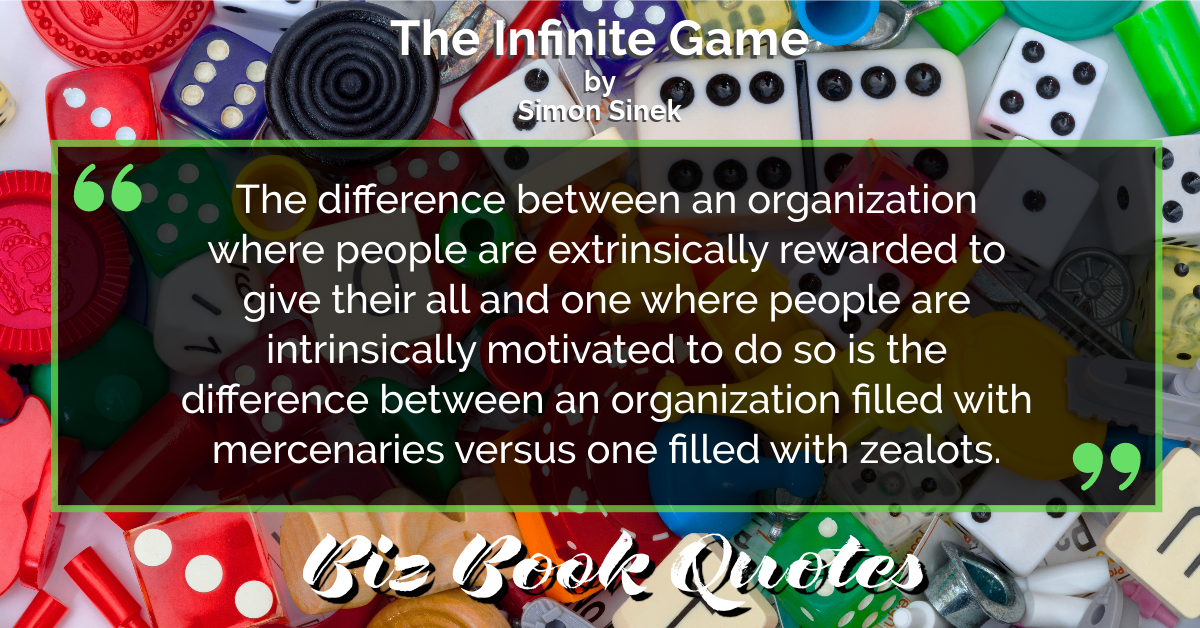
|
The Infinite Game:
The difference between an organization where people are extrinsically rewarded to give their all and one where people are intrinsically motivated to do so is the difference between an organization filled with mercenaries versus one filled with zealots.
|
101 |
|
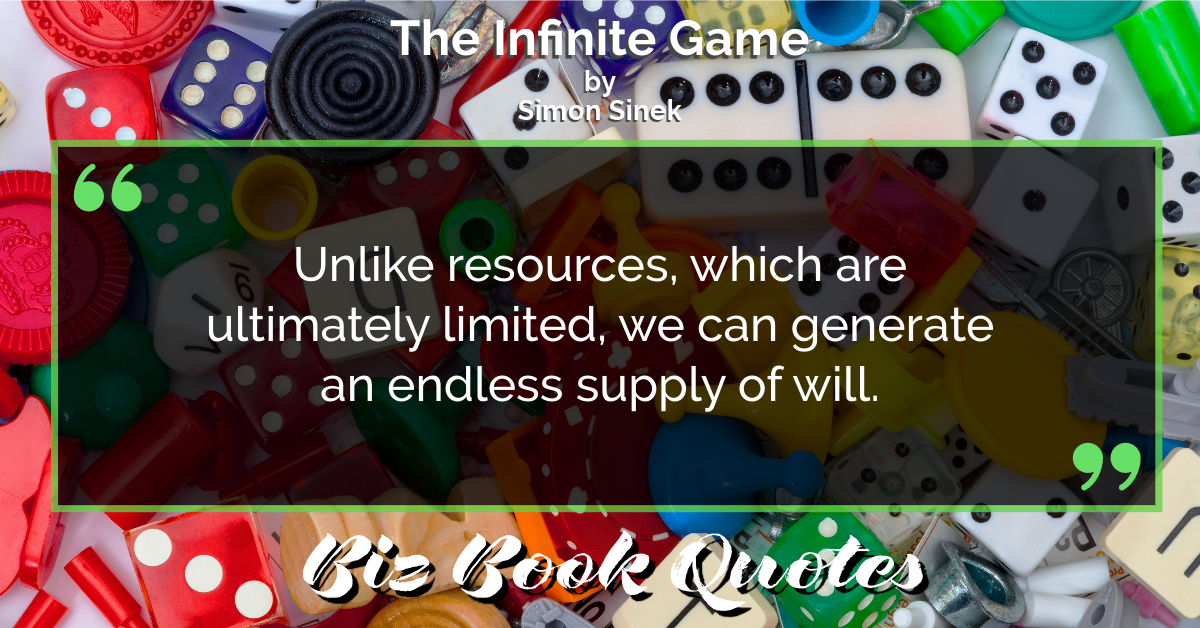
|
The Infinite Game:
Unlike resources, which are ultimately limited, we can generate an endless supply of will.
|
102 |
|
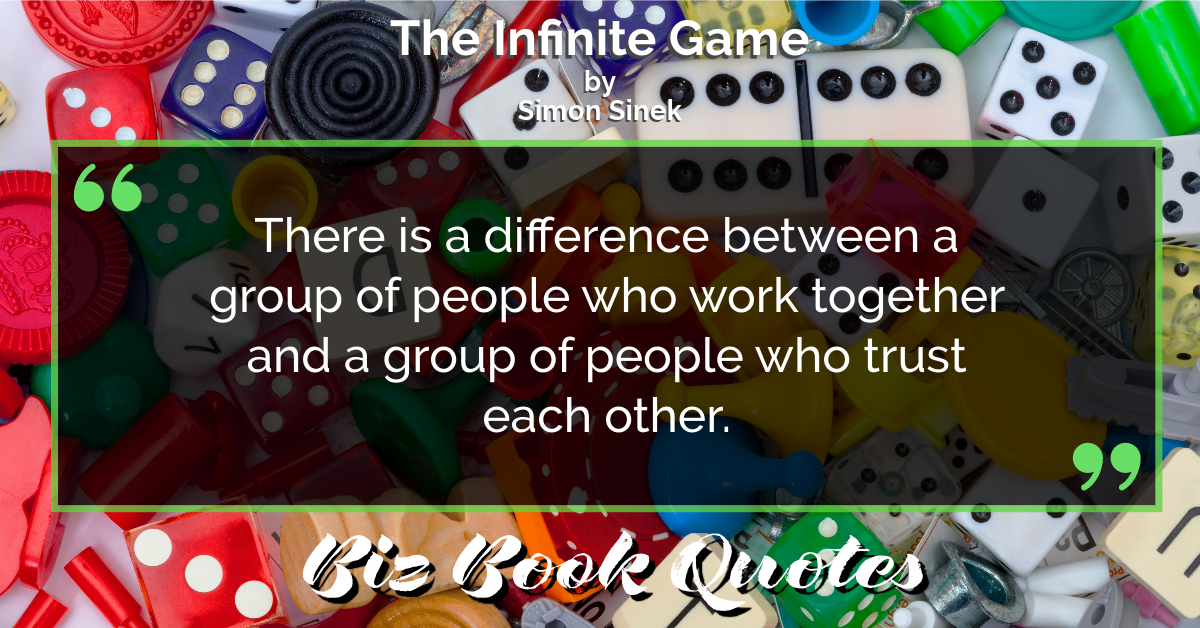
|
The Infinite Game:
There is a difference between a group of people who work together and a group of people who trust each other.
|
106 |
|
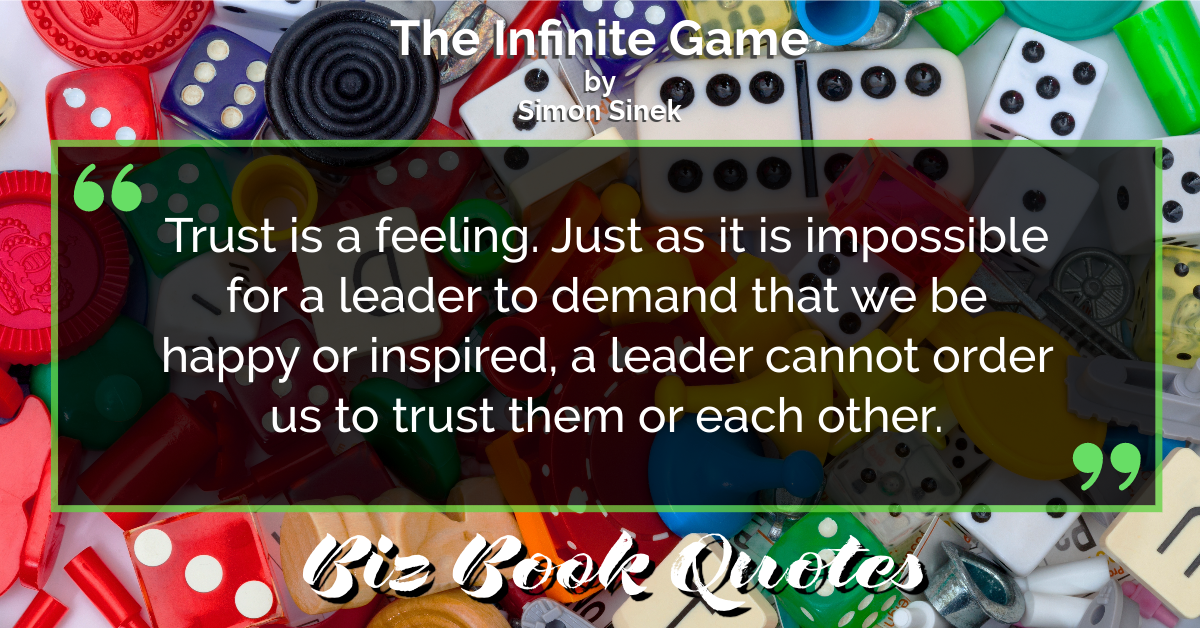
|
The Infinite Game:
Trust is a feeling. Just as it is impossible for a leader to demand that we be happy or inspired, a leader cannot order us to trust them or each other.
|
106 |
